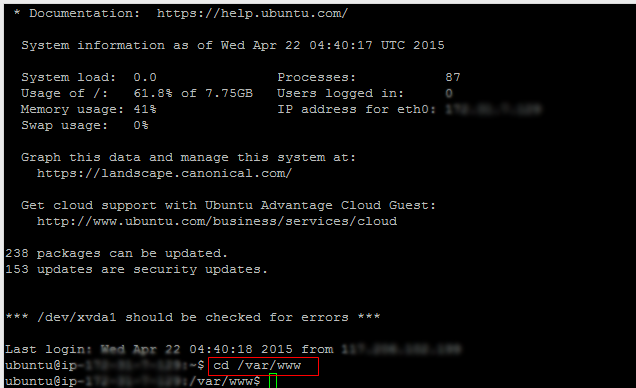

If you try to extract a file in a directory where the original file-or a different file with the same-exists, gzip will prompt you to choose to abandon the extraction or to overwrite the existing file. RELATED: Why Deleted Files Can Be Recovered, and How You Can Prevent It Decompressing and Overwriting This time, gzip doesn’t delete the archive file. unzipped gzip gzip Linux unzip unzipping gzip Unzipped unzipping gzip In Linux.
UNZIP UBUNTU INSTALL
To retain the archive file, we need to use the -k (keep) option again, as well as the -d (decompress) option. Run the following command to install unzip. In Ubuntu, you can also extract that type of file. This time, we can see that gzip has deleted the archive file after extracting the original file. This will extract the compressed file from the archive and decompress it so that it is indistinguishable from the original file. You can use both the command line and GUI for this purpose and I’ll show you both methods. sudo apt install unzip Once you have made sure that your system has unzip support, it’s time to unzip a zip file in Linux. To decompress (or unzip) a GZ archive file, use the -d (decompress) option. In Ubuntu and Debian based distributions, you can use the command below to install unzip. This time the original ODS file is retained. By default, Ubuntu Linux includes both command line and graphical user interface (GUI) tools you can use to the extract the files stored in the RAR or.

Gzip -k calc-sheet.ods ls -lh calc-sheet.*


 0 kommentar(er)
0 kommentar(er)
